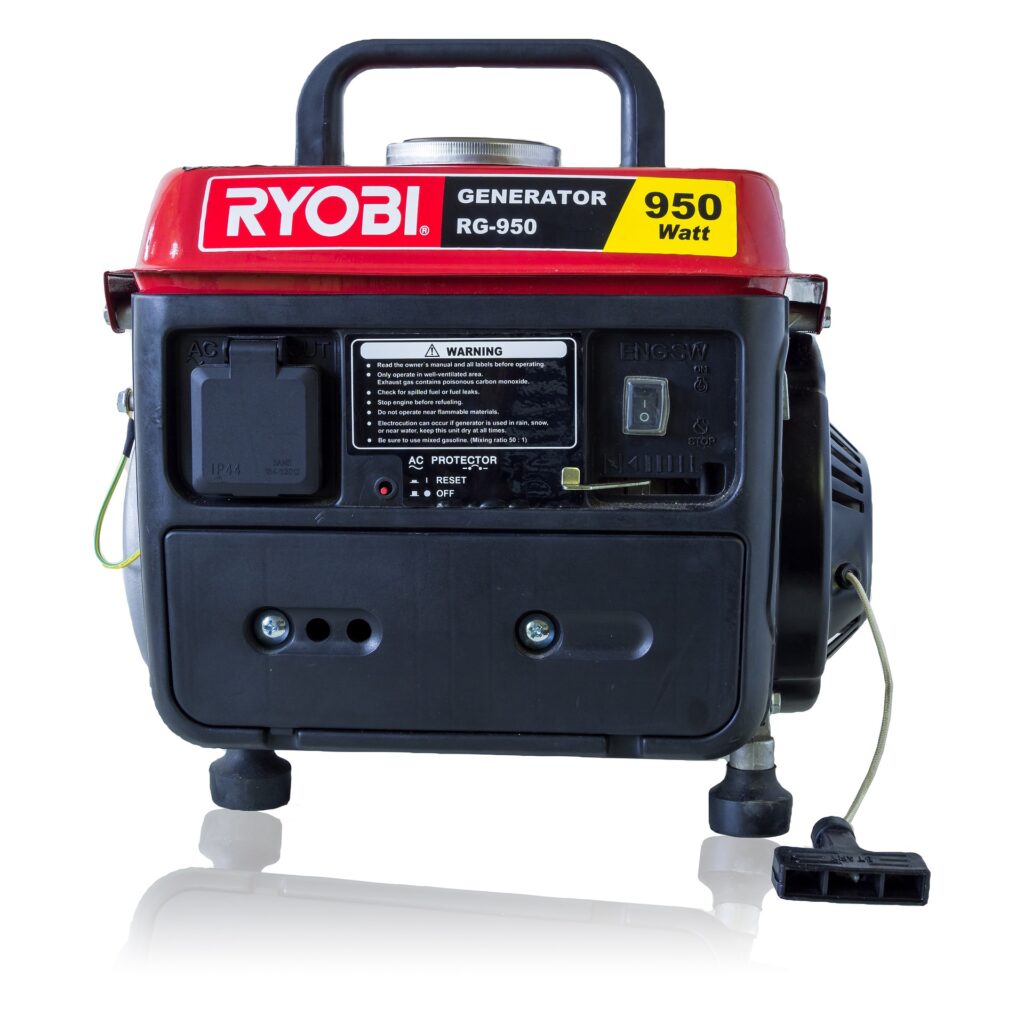
Portable generators are a wise investment, especially when you plan to use them for chores away from home. The generator is a transportable source of power, and they are popular in leisure sites, gardens, construction sites, and powerboats. Most people use portable generators as a backup power supply, but there is a lot that you show know about the generators.
1. Fueling
Portable generators are either solar-powered, diesel-powered, or gas-powered. Solar-powered generators often run silently, and they use a renewable source of energy, the sun. Solar generators can charge when they are still in use, but they have a lower power capacity, and it entirely depends on the sun to operate. Gas or propane-powered generators don’t experience spillage issues, since propane will evaporate, they are quiet, cheap, and cleaner than the other generators. However, some gas-powered generators often experience engine problems, and they perform poorly during cold weather.
2. Cost of Portable Generators
The most effective portable generators cost between $ 300 and $4,100. The most expensive portable generators have more power, they are quieter, and the chances are high that they might last longer. When looking for the best portable generators at the lowest price, power experts at OofGrid.com would advise anyone to review several generators from a trusted site; this way, you will find the best generator for your needs. You will also notice that lighter models with higher wattage are more expensive.
3. Grounding
Manufacturers often advise users to ground the generator, lest they risk electrocution, a fire hazard, or short circuit. Most portable generators come when already grounded, but you can never be too confident; hence it’s advisable to take safety precautions. If the generator supplies power to devices and appliances directly bonded to the generator frame, there is no need for additional grounding. Grounding requirements might vary between brands, and the manufacturers manual contains guidelines on how to ground your generator.
4. Generator Performance
The model you purchase will highlight the number of hours that the portable generator will operate when the battery is fully charged or when the task is filled. Generators have a different rating that determines the amount of power they can continuously supply. They also have a maximum rating that indicates the power that the generator can provide during short time intervals. When you buy a portable generator, consider the warranty, since it will help you estimate how long the generator could last.
5. Overheating
When used for an extended period, most portable generator models tend to overheat. Although individual factors such as heavy loads and hot weather might also cause overheating, it’s a common phenomenon. On other occasions, factors such as damaged exhaust, low oil level, clogged pipes, excessive or low fuel, excess grime, and fan malfunction might cause overheating. Avoid using the generator when you notice extreme heat and contact a maintenance expert.
6. Safety Tips
It’s essential to read the manufacturer’s manual and observe safety tips before using a portable generator. Avoid operating the generator without observing safety. The gas-powered and diesel-powered generators emit carbon monoxide, a poisonous gas, in the exhaust. You should install a fan or open windows and doors to prevent suffocation and use portable generators outdoors. It’s also important to note that portable generators have inbuilt features that increase safety; thus making them useful and user friendly.
7. Operation in the Rain
Most portable generators aren’t waterproof, and as such, you should avoid exposing them to snow, rain, and wet conditions. If you expose a portable generator to wet conditions, it can pose a risk to the operator and anything or anyone around. When the generator gets wet, please turn it off and always ensure that you place it on raised ground. Also, use dry hands when handling the generator frame.
8. Portable Generator Add ons
Most portable generators have an automatic ignition system, low oil shutoff, an economy mode switch, ground interruption circuitry, storage covers, a fuel stabilizer, a removable console, gas can, fuel gauges, and wheels to help with movement. For the solar-powered generators, you can incorporate more solar panels to generate more power.
Most portable generators are cheap and easy to operate. However, before you buy one, you should know all these to avoid future complications. It’s also important to note that generators have their shortcomings; therefore, you can always contact the manufacturer or the maintenance guy if you encounter any troubles. It would also be in your best interest to review the best generators in the market from a trusted source. Finally, portable generators should also be adequately maintained and placed in a clean, dry, and stable surface to reduce accidents.













